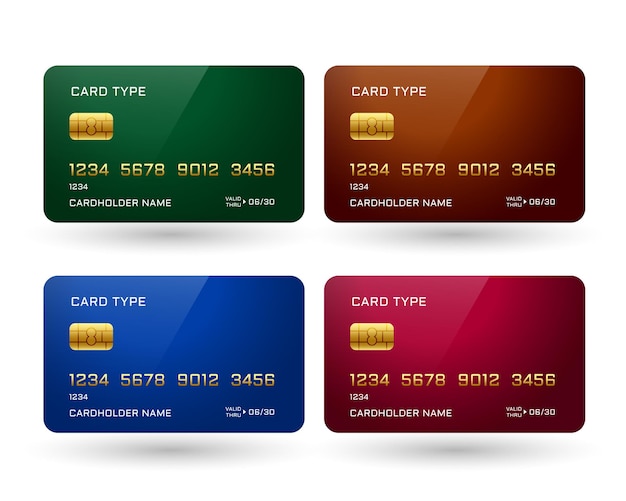Financial Savvy: The Case for Using Credit Cards for Almost All Your Purchases

Deciding whether to put a purchase on a credit card depends on the type of purchase and how responsibly you manage your credit card usage. Here’s a guide to help you determine which purchases are suitable for credit cards and which ones you should reconsider.
### Purchases to Put on a Credit Card
**Travel Purchases**
Using a credit card for travel is often necessary. Most airlines, hotels, and rental car companies require a credit card for reservations or payments. Even if a debit card is accepted, it might result in a hold on your bank account, making those funds temporarily inaccessible.
**Online Purchases**
Credit cards are ideal for online shopping. If you encounter a fraudulent charge, you can report it to your card issuer, and you won’t be responsible for the charge while the issue is being investigated.
**Grocery Store Purchases**
Small purchases, like those from grocery stores or pharmacies, can be conveniently put on a credit card. This can also help with budgeting and tracking expenses. However, using cash can be a good strategy if you’re trying to save money or be more disciplined with your spending.
**Large Purchases You Can Pay Off**
If you have the funds to pay off a large purchase immediately, using a credit card can be beneficial. For example, if you have $11,000 saved for backyard improvements and buy a $4,000 patio set, charging it to your credit card is fine as long as you can pay it off without incurring interest.
### Purchases to Reconsider Putting on a Credit Card
**Cars**
Avoid charging large items like cars to your credit card. Paying in cash might get you a discount, making it a more economical choice.
**Farmers Markets**
Many farmers markets and small businesses either don’t accept credit cards or charge a service fee for using them. For small purchases, these fees can significantly increase the cost.
**Bills from Medical Providers**
Only use a credit card for medical bills if you are certain you can pay it off. Medical debt on a credit card becomes subject to regular credit card interest rates and loses the protections that apply to medical debt. Paid medical collection debt is no longer included on consumer credit reports, but it takes a year before medical debt in collections appears on your credit report. Starting in the first half of 2023, major credit reporting agencies will stop reporting medical debt under $500.